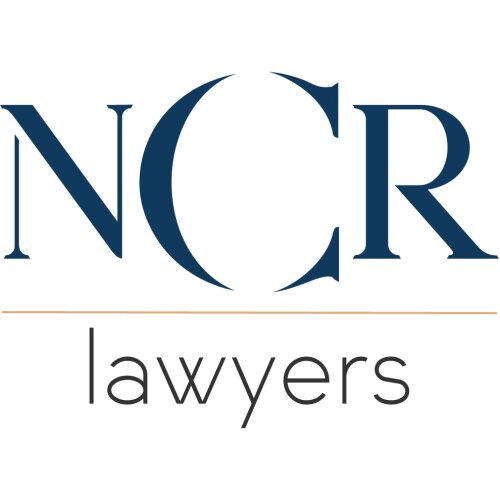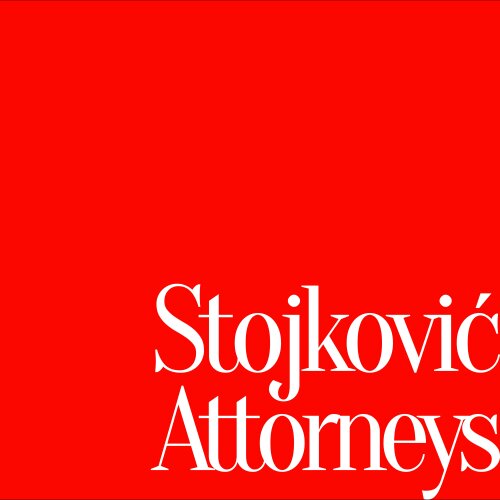Best Space Law Lawyers in Serbia
Share your needs with us, get contacted by law firms.
Free. Takes 2 min.
Or refine your search by selecting a city:
List of the best lawyers in Serbia
About Space Law in Serbia
Space law in Serbia is an emerging legal field, reflecting the global interest in the exploration and use of outer space. Although Serbia is not yet a major player in space exploration, it aligns itself with international treaties and regulations regarding space activities. The country's space law is influenced by the United Nations treaties on outer space, focusing on peaceful exploration, environmental preservation, and the responsible use of space technology. As Serbia continues to develop its space capabilities, legal frameworks around space activities are expected to evolve.
Why You May Need a Lawyer
There are several situations where individuals or organizations in Serbia might require legal assistance related to space law:
- Compliance with international space treaties and agreements.
- Guidance on launching satellites or other space objects.
- Negotiating contracts for space-related activities, including research and technology development.
- Resolving disputes related to space commercialization and intellectual property rights.
- Understanding liability and insurance requirements for space missions and activities.
Local Laws Overview
Key aspects of local laws pertinent to space law in Serbia include:
- International Treaties: Serbia is a signatory to several space-related treaties, such as the Outer Space Treaty of 1967, which governs the activities of states in space exploration.
- National Space Policy: While still in development, Serbia’s space policy is targeted at supporting technological advancement and aligning with European space initiatives.
- Environmental Protection: Laws that ensure any space activity conducted under Serbia's jurisdiction does not harm the environment.
- Liability Regulations: Guidelines for addressing liability issues in the case of accidents or damage caused by space objects.
Frequently Asked Questions
What is the Outer Space Treaty and how does it affect Serbia?
The Outer Space Treaty is an international agreement that provides the basis for international space law. It establishes guidelines for the exploration of outer space, ensuring activities are conducted for the benefit of all countries. Serbia, as a signatory, commits to these principles through its space policies and legislation.
What responsibilities do Serbian space companies have regarding space debris?
Serbian companies must adhere to international guidelines that aim to reduce space debris. This includes designing technology with measures to minimize waste and de-orbit defunct satellites safely.
How are private space endeavors regulated in Serbia?
Private space activities are regulated through compliance with international laws and any national policies that the government puts in place. This includes licensing and adherence to safety and environmental standards.
What legal recourse is available if a Serbian entity causes damage in space?
The Liability Convention is applicable, holding countries accountable for damage caused by their space objects and offering a legal mechanism for damage claims, ensuring Serbian entities fulfill their obligations under this framework.
Does Serbia support commercial space mining?
Currently, Serbia aligns with international regulations regarding the exploitation of outer space resources, which are still primarily guided by ongoing international discussions and law development.
Can foreign space companies operate in Serbia?
Yes, foreign space companies can operate in Serbia, but they must comply with Serbian laws and international treaties to ensure proper licensing and operational safety.
What role does Serbia play in international space collaborations?
Serbia is part of regional and international collaborations, contributing to research and technology projects and supporting European space initiatives and educational programs.
What type of insurance is required for space activities in Serbia?
Insurance requirements include coverage for potential damages that may result from space missions and third-party liability insurance, as outlined by international standards and national expectations.
Are there educational programs on space law in Serbia?
Yes, there are educational initiatives and academic programs provided by universities and institutions offering courses and research opportunities in space law and related subjects.
How does space technology impact legislation in Serbia?
The rapid advancement of space technology challenges existing legal frameworks, necessitating updates in legislation to accommodate innovations and address new ethical concerns, privacy issues, and safety protocols.
Additional Resources
For those seeking further information and assistance on space law in Serbia, the following resources can be helpful:
- Serbian Ministry of Education, Science and Technological Development: Offers insights into national policies and educational opportunities.
- European Space Agency (ESA): Provides access to EU space projects and collaboration details for member states including Serbia.
- International Institute of Space Law (IISL): A platform for scholarly activities focusing on space law research and discussions.
Next Steps
If you require legal assistance in space law, consider the following steps:
- Research: Start by understanding the basics of space law and identifying specific needs for legal advice.
- Consult with Experts: Seek out lawyers or law firms in Serbia that specialize in space law for guidance on your particular situation.
- Review Relevant Treaties and Laws: Familiarize yourself with the international treaties and local regulations that may impact your interests.
- Engage with Professional Bodies: Consider joining forums or groups focused on space law to access ongoing developments and network with professionals in the field.
Lawzana helps you find the best lawyers and law firms in Serbia through a curated and pre-screened list of qualified legal professionals. Our platform offers rankings and detailed profiles of attorneys and law firms, allowing you to compare based on practice areas, including Space Law, experience, and client feedback.
Each profile includes a description of the firm's areas of practice, client reviews, team members and partners, year of establishment, spoken languages, office locations, contact information, social media presence, and any published articles or resources. Most firms on our platform speak English and are experienced in both local and international legal matters.
Get a quote from top-rated law firms in Serbia — quickly, securely, and without unnecessary hassle.
Disclaimer:
The information provided on this page is for general informational purposes only and does not constitute legal advice. While we strive to ensure the accuracy and relevance of the content, legal information may change over time, and interpretations of the law can vary. You should always consult with a qualified legal professional for advice specific to your situation.
We disclaim all liability for actions taken or not taken based on the content of this page. If you believe any information is incorrect or outdated, please contact us, and we will review and update it where appropriate.
Browse space law law firms by city in Serbia
Refine your search by selecting a city.










